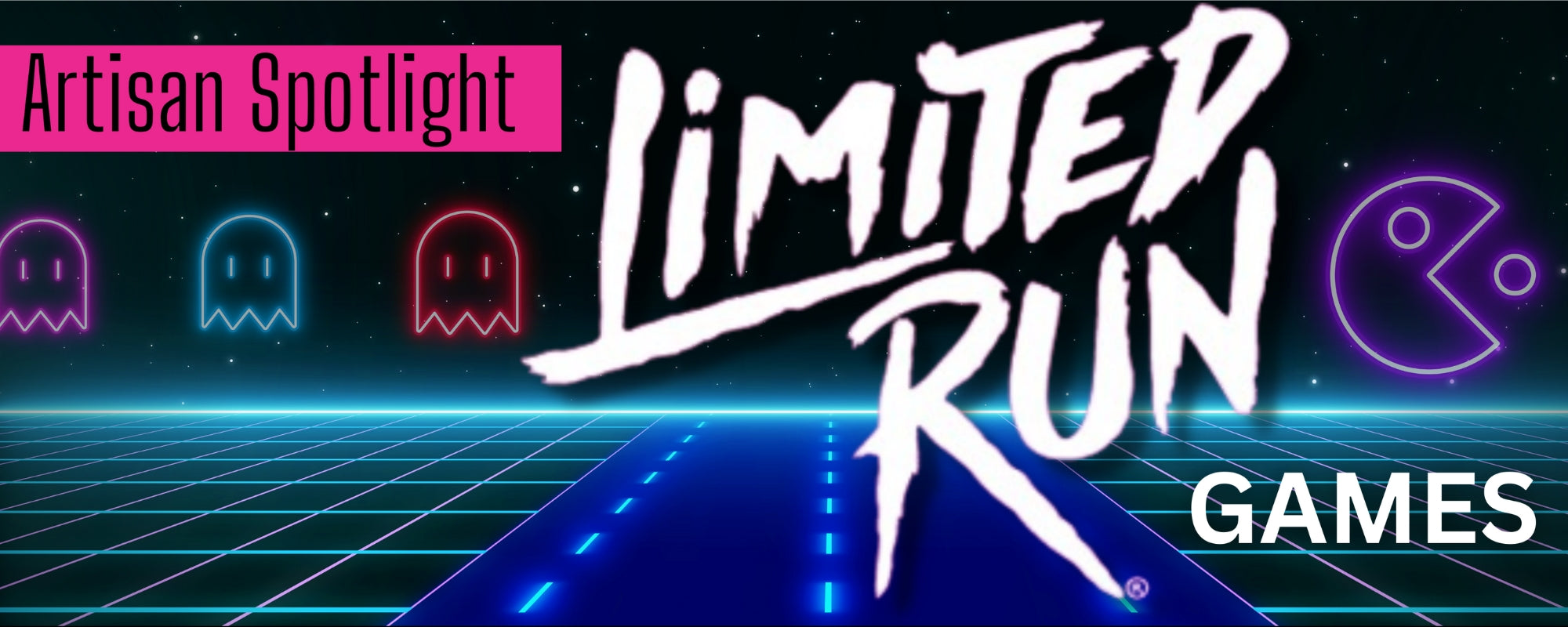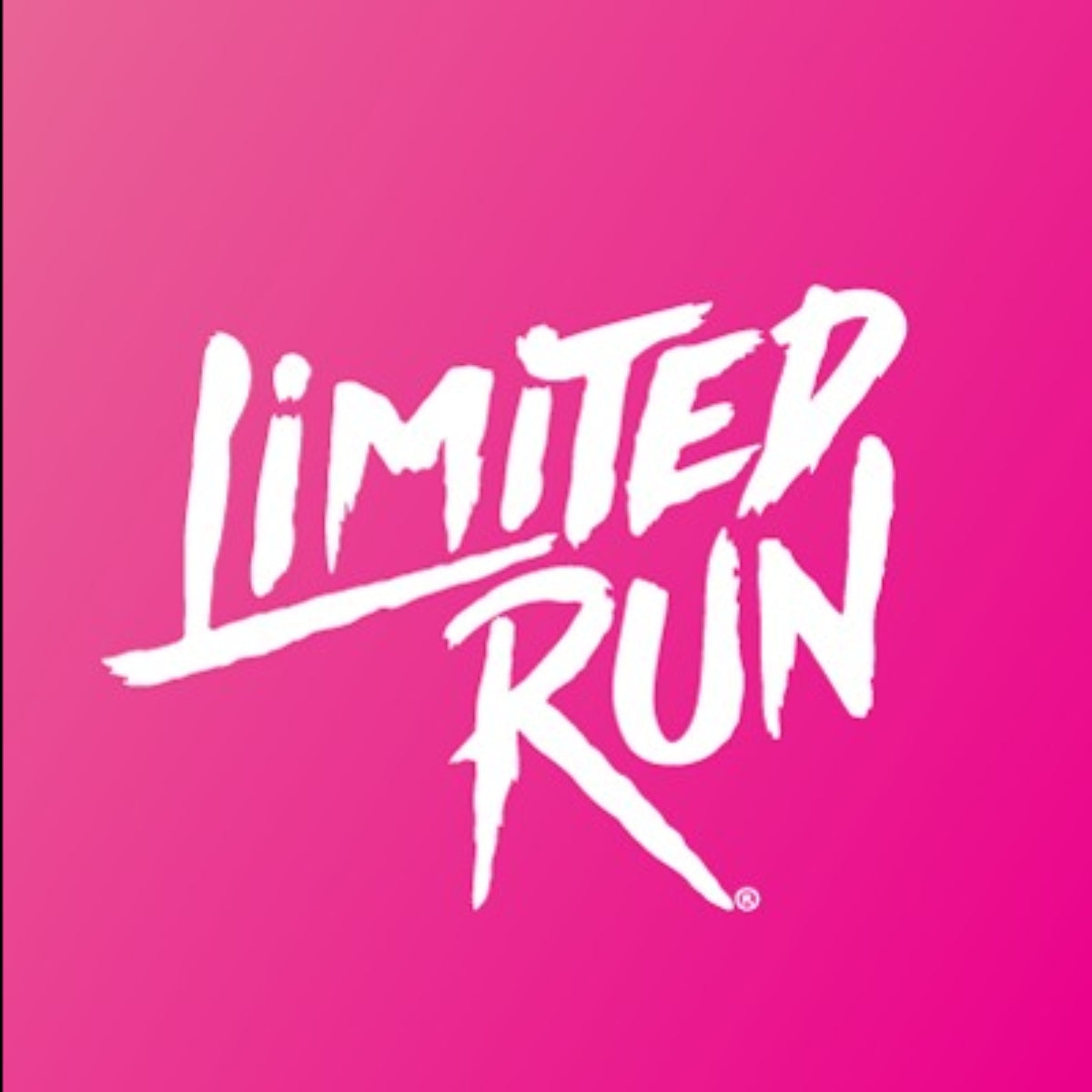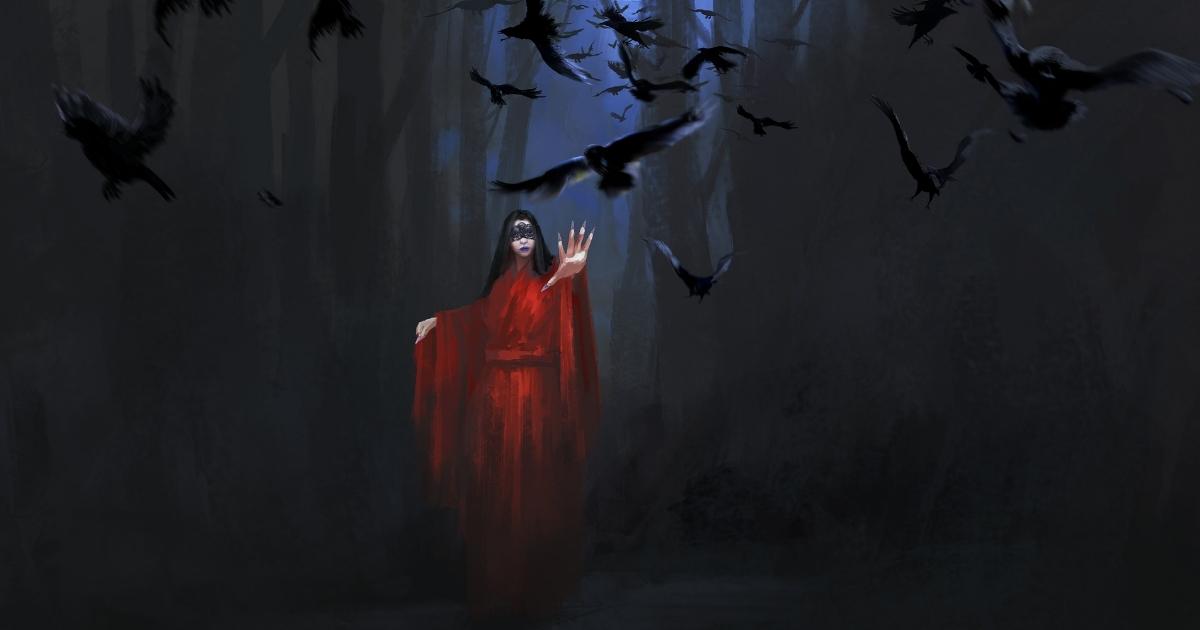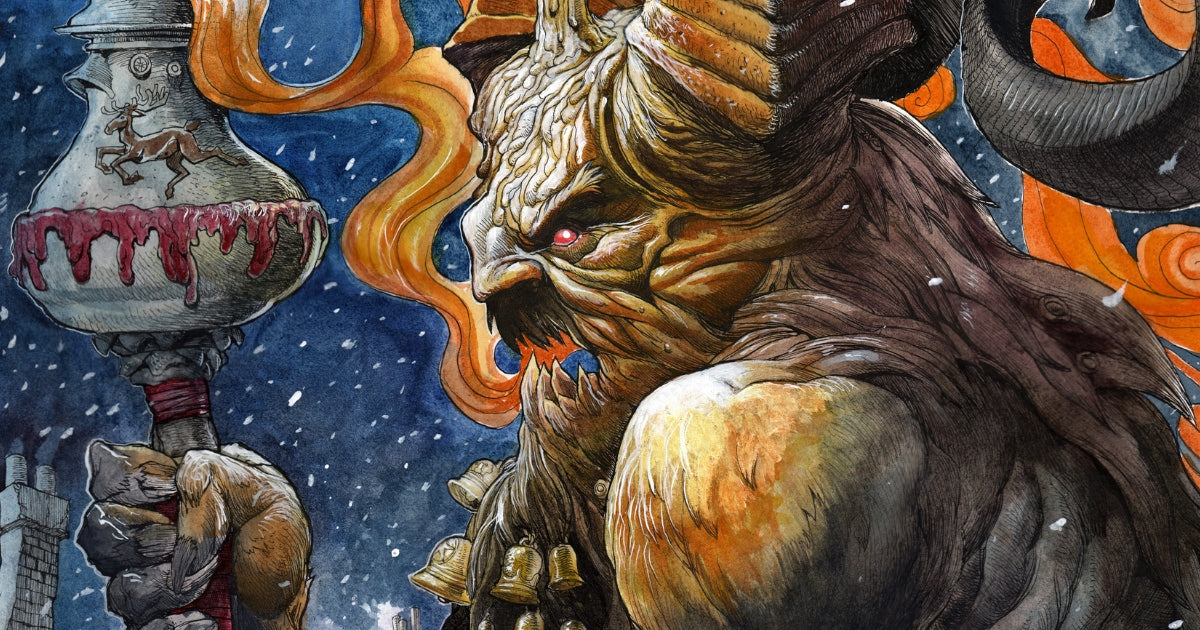

Artisan Spotlight: Limited Run Games
Feature by Marissa van Uden
Limited Run games, co-founded by Josh Fairhurst and Douglas Bogart in 2015, enables game developers to create physical versions of their otherwise digital-only games and also takes retro games that might have been lost to the mists of time and publishes them as collectible physical copies. This means the company is not only putting legendary games on the shelves of passionate fans but also helping to preserve hard copies for game historians.
For many of us, there is something so special about having physical copies of our favorite games, books, and films. It’s not just the tactile pleasure of holding the object in our hands but also being able to place them on a shelf where we can be reminded of our experiences interacting with them the first time. So, I love what Limited Run is doing for video games and was so excited to sit down with Douglas Bogart to learn how the company came about, who the people are behind it, and what we can look forward to in the future.

MARISSA VAN UDEN: Thank you for joining us! To start with, could you introduce yourself to our readers and tell them a little about your role at Limited Run?
DOUGLAS BOGART: I’m the COO and co-founder of Limited Run Games!
MVU: I’d love to know Limited Run’s origin story: what was the seed for the idea for the company, and how has it evolved from there since launch?
DB: Limited Run games was an idea spawned by my co-founder Josh Fairhurst (CEO) who realized that more and more games were going digital only. We were both longtime collectors/gamers who loved physical stuff, and it was clear there was lack of physical when it came to smaller titles. We had a game internally on the development side that was digital only and decided to test our theory by releasing it physically—to great success.
MVU: Why do you feel it’s important to create physical copies of both classic and modern games in a landscape that’s becoming so digital-based?
DB: I think it’s important for people who desire the physical ownership. There is something so much more personal about being able to hold something. When it comes to preservation, physical is helpful but so is digital. I don’t view digital as an evil but as an extension to physical media. I think they go hand in hand. I just know when I buy a game digitally, my care and motivation to play through the game seems lower than if I had purchased it physically.
MVU: Games combine music, visual arts, narrative storytelling, playfulness, and community-building all into one immersive and affecting form of entertainment, which makes them one of the most fascinating of all the art forms to me. As a curator and preserver of games, have you noticed a shift in how society is treating and appreciating video games as a part of our cultural history and human expression? How do you hope the last sixty years of games will be seen by future generations?
DB: I think it’s clear games have shown they are more than just simple time wasters. I know I personally attach many memories and feelings to games. There are games that helped me get through a lot of personal traumas as an escape. I think more and more people are starting to recognize that, and that’s why gaming is so important. They craft stories to help us as members of the human race to escape from a reality that can be harsh and unkind. As you said, even the music itself can instantly transport me to another time in my life.
MVU: Game soundtracks are so intensely transportive. I’d also love to know, what kinds of relationships does Limited Run have with game historians or museums?
DB: We are very close with the Video Game history foundation! We love Frank and Kelsey [foundation co-directors]. We enabled an option on our website for every sale to optionally donate to their foundation. We believe it’s important to preserve game history! We also support other museums as well, and we try to get our content into local libraries.
MVU: Do they ever come to you with projects in mind for preserving classic games, or how do you decide which games to work on next? What makes a good candidate?
DB: We work together a lot. Sometimes we will stumble onto something rare that we then send to them to preserve and keep a record of. Other times, we have been trying to find a piece of artwork that they may have.

MVU: Limited Run builds accurate replicas of classics that make players feel like they’re playing the original game on a modern console. It’s a way for many of us to tap into nostalgia and recall very positive experiences. As people who get to work recreating these experiences for yourselves and others, what does nostalgia mean to you personally? And how much do you think it affects the experience of playing retro games, for you or for different kinds of players.
DB: I think it’s the same for a lot of players. We all associate memories and feelings with games. Sometimes it could be as simple as “I played Star Fox with my dad growing up, so anytime I play now it brings me back to when life was simple hanging out with my dad!” to “This game helped me through a bad breakup.” Humans are very emotional people, and a lot of us assign feelings to things like music, games, movies, smells, and taste.
MVU: What early games most influenced your life and career?
DB: If I had to pinpoint two crucial games, it would probably be Doom on PC and Phantasy Star Online. Doom introduced me to a world beyond Mario and taught me to appreciate gaming on a different level. Phantasy Star Online was a game I played in seventh grade until even now with my best friend and co-founder Josh Fairhurst. So, without PSO, there probably wouldn’t be an LRG.
MVU: What is one of your favorite things a player or game developer has ever said to you about what you do?
DB: Seeing our Jak and Daxter games on display at Naughty Dog was a huge deal for me. I’m a huge fan of their work, and to see our releases be shown off at their studio was huge. Another thing that really made me feel good about what we do was when a developer told us our physical release helped save their company from going under by giving them much needed revenue.
MVU: I love how passionate and enthusiastic your team is online. How would you describe your company culture? What kinds of people work with you, and what philosophies have you all adopted that work well for you?
DB: Company culture at Limited Run is fairly relaxed. We are all huge fans of what we do and of video games in general. Our management style is to not micro-manage people. We want to hire people who know immediately what they need to do for the company to succeed. We encourage new ideas here and tend to vote on releases a lot too.
MVU: You opened your first retail store this year, in North Carolina, and I love the whole ’80s–’90s games/arcade aesthetic. It looks like a place I’d actually enjoy hanging out to talk games, so unlike the harsh fluorescent sterility that has become the default in most store designs these days. Can you tell us a bit about the genesis and design of this physical space? How is it all going?
DB: The retail store was the brainchild of Josh Fairhurst. When we were thinking about places we enjoyed going to as kids it was places like Blockbuster, Toys R Us, Zany Brainy, and a few others. Everything back then was more colorful and themed. The idea was to make the store feel more like an experience versus some dry, plain store you can visit anywhere.
MVU: If you could choose your dream game for Limited Run to make into a physical copy, what would it be—or have you achieved it already?
DB: The dream games were Scott Pilgrim and Yakuza 5 for a long time, and now both of those exist physically! I’d say the other pie-in-the-sky release would be a modern port of Phantasy Star Online with a physical alongside it.

MVU: What’s the best piece of advice you’ve ever been given?
DB: Enjoy being a kid while you can.
MVU: What’s next for Limited Run? Any upcoming projects you’re excited to work on and can tell us about?
DB: Now that we are a part of the Embracer family, we have tons of projects coming up we can’t wait to share with everyone. Definitely nothing we share just yet though!
MVU: Thank you so much for your time, and for everything you’re doing for video games.
To purchase limited edition video games, soundtracks, and other merchandise, visit limitedrungames.com.






